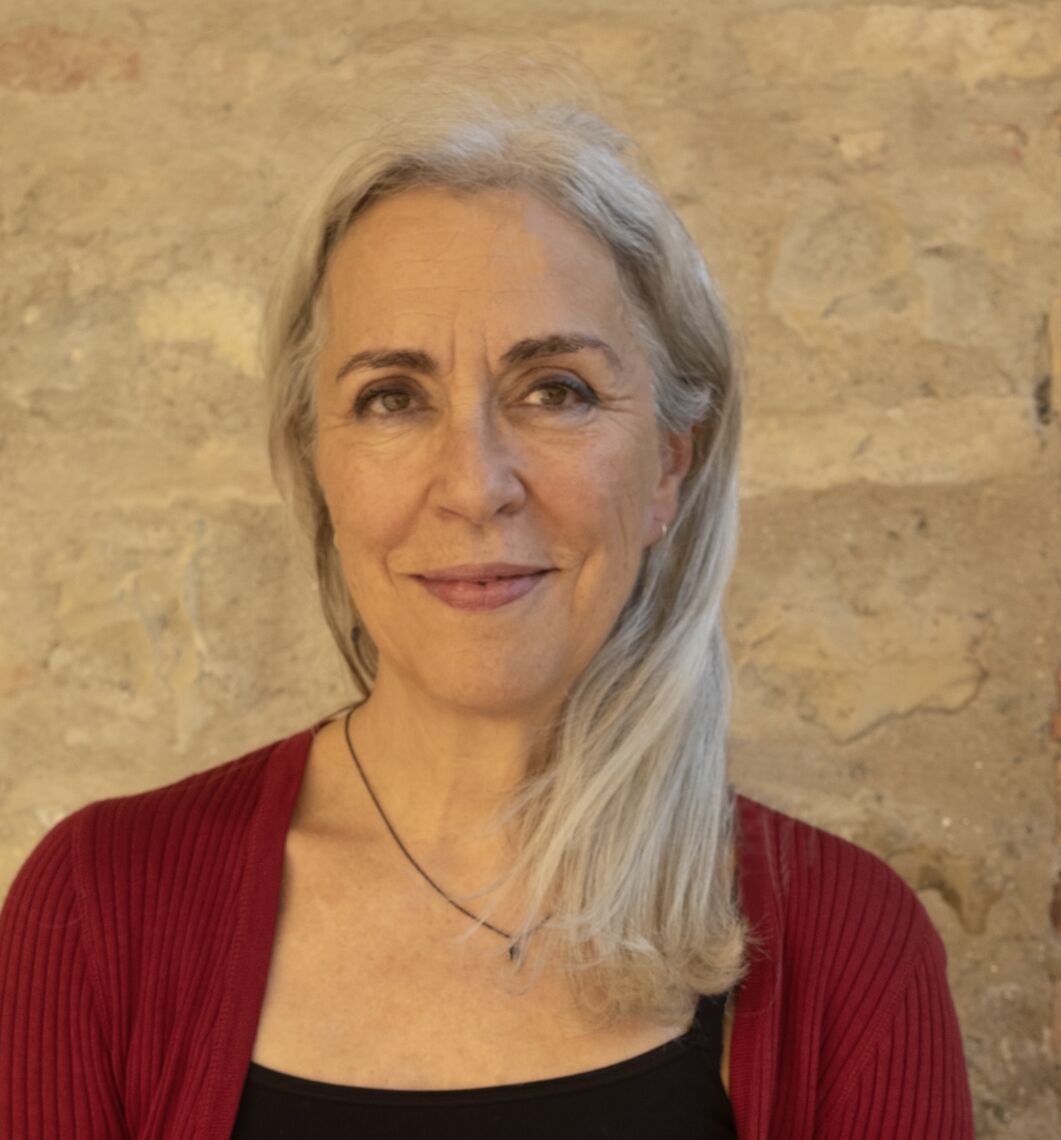I was trying to look a little less like myself
and more like other humans,
humans who belonged, so I put on a skort.
Purchased in another life, when I had a husband
and wrote thank-you notes and held dinner parties,
the skort even had its own little pocket,
and the fingerprint stains yellowing the fabric
were almost invisible, nothing to be ashamed of
as I walked past homes and faces
with their welcome signs and their no-trespassing signs.
I was hoping to look domesticated,
or at least domesticable,
that I too could walk the trails
and then return home, stretch out
beside another human and watch something
on a big screen until it was time to sleep.
I too had veins at my wrist,
and I'd read Maslow,
with his hierarchy of needs.
I remembered that love and belonging
were pretty basic, and that at the top
of the pyramid was transcendence.
Late that night I took off the skort
and lay down on the kitchen floor of a house
where years ago a boy and his girlfriend
overdosed in the basement, a fact
I try not to remember.
There used to be a cross staked outside,
beneath the blue spruce that died
when the place was abandoned.
Because I am afraid,
I left the outside light on.
Halogen burns hot, so bright
it must have stunned the imperial moth
shimmering against the window screen.
Most moths would rather spin around lights
than mate, which is all they are put here to do,
and sometimes they just tire themselves out
flying at night. This one was disguised
as an autumn leaf, though it was only midsummer.
Size of my hand.
As much enigma as legerdemain,
very temporary,
at most she would live a week.
Something about the way she waited there,
wings outstretched, still as a flat lichened stone,
made me want to rescue my copy of Maslow
from the basement and study the hierarchy again.
In the diagram I saw sex at the very bottom--
along with eating, drinking, sleeping.
I wondered if that meant it was foundational,
or optional. The moth, vibrating there
in the circle of light, seemed to be choosing
transcendence over other basic needs.
Imperial moths have no mouthparts,
they don't eat, they make no sound.
In the morning, I buried her
under the ghost spruce as cars sped by.
Before I tossed the dirt back
over the shallow hole, I took a photo,
to prove there really was such a thing
as an imperial moth.
To prove she wasn't alone.
Wings made of iridescent chitin
arranged to look like leaf litter,
in the dirt she glowed a little.
